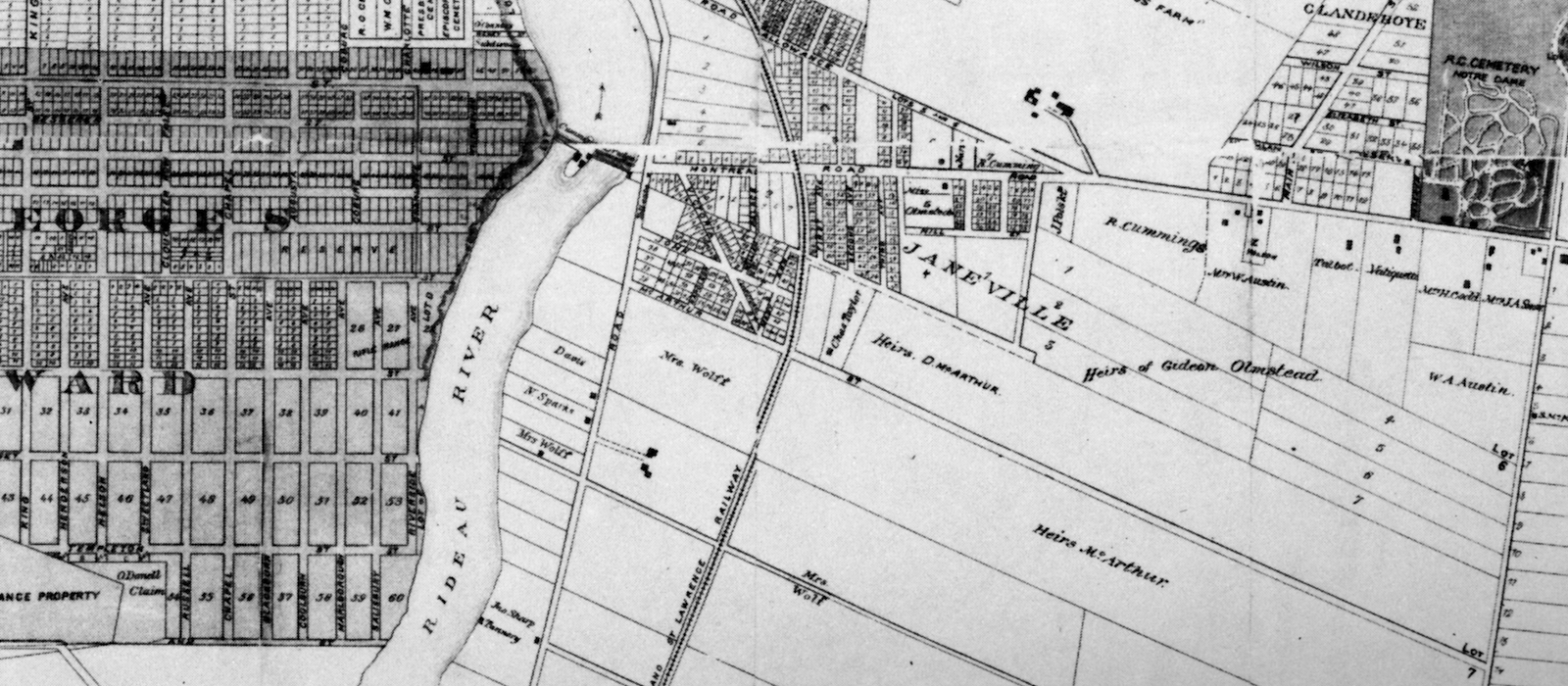The discipline of Heritage Conservation is undergoing a period of expansion and evolution, with the emergence of cultural landscape approaches, increased interest in intangible heritage, and consideration of the complex issues embedded in the heritage of the recent past. Established approaches to Heritage Conservation have also been challenged over the past twenty years by the emergence of “critical heritage studies,” which critically examines definitions of heritage, why it matters, who it serves, and who makes decisions as to what is preserved.
Article 11 of the United Nations Declaration on the Rights of Indigenous Peoples states,
“Indigenous peoples have the right to practice and revitalize their cultural traditions and customs. This includes the right to maintain, protect and develop the past, present and future manifestations of their cultures, such as archaeological and historical sites, artifacts, designs, ceremonies, technologies and visual and performing arts and literature” [United Nations General Assembly 2007].
Following the 2015 Truth and Reconciliation Commission’s Calls to Action directly and indirectly related to heritage contexts, an emerging part of discussions in our classes is on approaches to decolonizing heritage and its conservation, as institutionalized, practiced, and taught in Canada.
In 2021, encouraged by faculty in Canadian Studies, Carleton University has joined the Climate Heritage Network. Heritage planning is all about managing change for the better, and now we need to prepare for even more radical change. As part of that, culture must play a role in making adaptation to climate change more meaningful, through continuity and creativity. The MOU with the Climate Heritage Network commits the university to strengthening efforts to address climate change and a renewed commitment to the Paris Agreement with an emphasis on arts, culture and heritage. As stated in the MOU
…the arts, culture and heritage (including sites and landscapes, institutions and collections as well as creativity, intangible heritage, traditional ways of knowing and practices) constitute an invaluable resource to help communities reduce greenhouse gas emissions and strengthen adaptive capacity, even while the risks to those resources from climate impacts must also be addressed.
To help deepen discussions on the futures of heritage and conservation, the School sponsors an annual Heritage Conservation Symposium, which is largely organized by graduate students, and the Herb Stovel Memorial Lecture. The latest edition in 2021 was on Keeping Heritage Real: Authenticity in Conservation Practice. In 2022, the school hosted the first online ICOMOS University Forum on Knowledge Areas for Climate Adaptation organized as part of Just Transitions: Heritage Education for Climate Adaptation with other Canadian academic members of the Climate Heritage Network.
Faculty and students are involved in a number of other heritage initiatives in Ottawa and beyond. From 2006 to 2018 this included student and faculty participation at the annual Roundtables hosted by the Université de Montréal’s Canada Research Chair in Built Heritage. Students are encouraged to present at conferences of national and local organizations, including ICOMOS Canada, National Trust for Canada, Architectural Conservancy of Ontario, and many others. Many organizations have scholarships to support student attendance.
